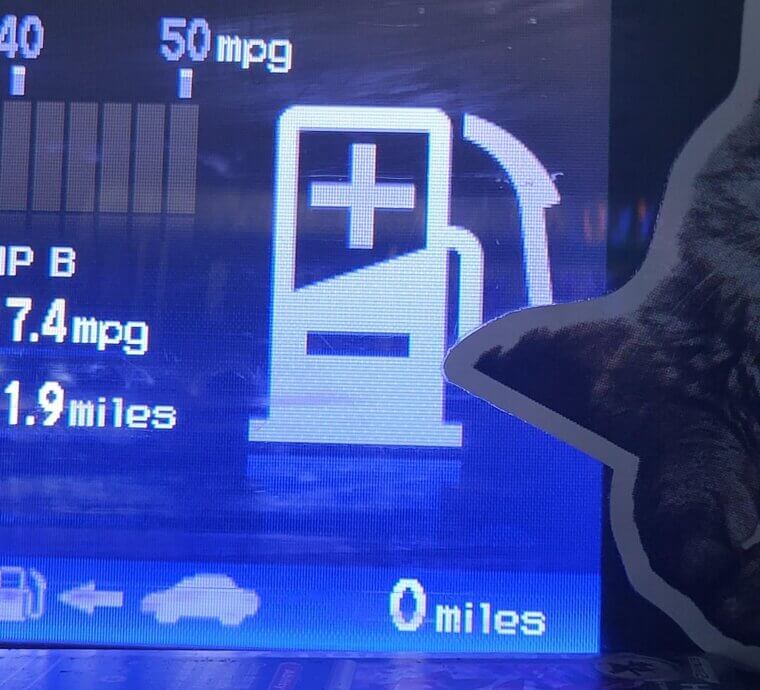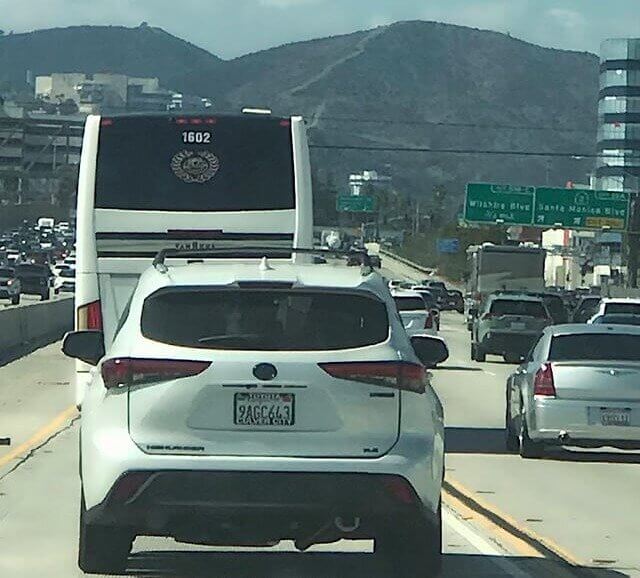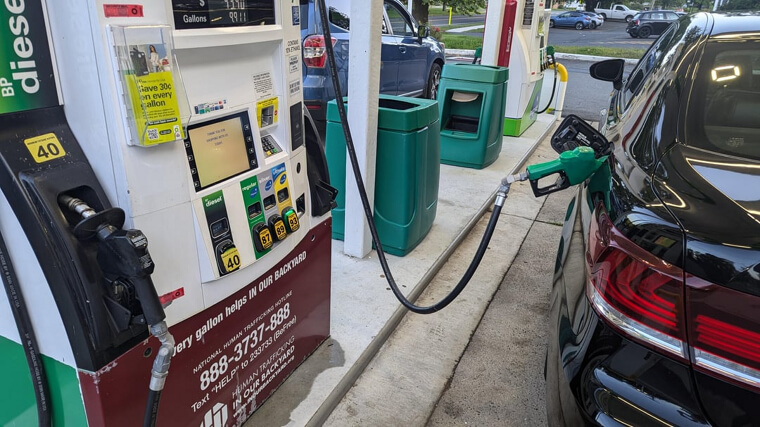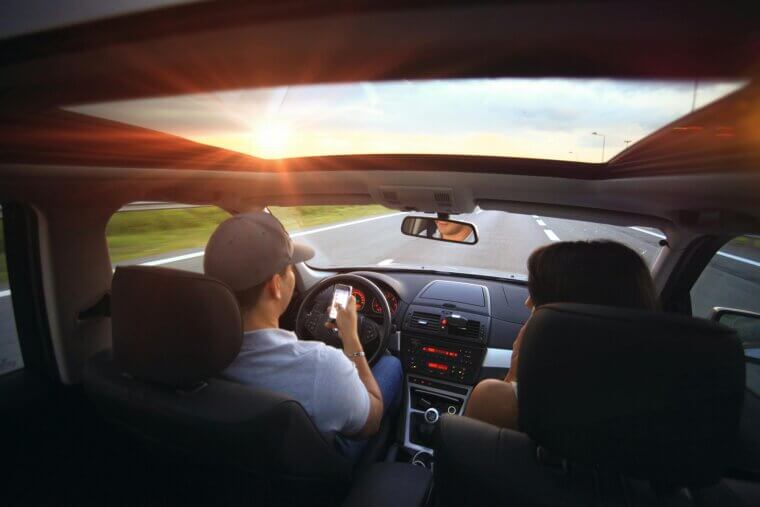Flexibility Takes a Hit
Carpooling with strangers might save money, but it reduces the freedom many drivers enjoy. Want to leave early, stay late, stop for coffee, or take the scenic route to avoid traffic? Not without group approval. You become part driver, part coordinator, part customer service agent. For some people, the loss of flexibility is worth the savings. For others, it feels like commuting with invisible handcuffs. Car enthusiasts in particular value control and choice behind the wheel. Carpooling limits that freedom. The more people in your group, the more negotiation every ride requires. This may not have a direct cost, but it can take a toll on the experience. Saving money is appealing, but giving up independence is a harder sell for many drivers.
Personalities Matter More Than Fuel Economy
Sharing a car with strangers is a gamble. You can end up with perfect companions or with people who talk nonstop, eat messy snacks, adjust your vents without asking, or treat your backseat like a storage unit. Personalities can turn a cost saving commute into a daily test of patience. For readers who treat their car like a sanctuary, this is a major factor. Saving money is nice. Losing your peaceful morning drive is not. Even when everything technically works, the emotional cost may outweigh the financial gain. What looks like a smart budgeting move can quickly become an experience that tests your patience more than your fuel consumption.
Gas Savings Look Great on Paper
Carpooling sounds like a dream when you calculate the fuel cost alone. Split between multiple riders, your weekly gas bill drops in a way that feels almost magical. On paper, the math is simple. In real life, getting strangers to stick to a schedule is the real challenge. You might save money, but only if your riders show up on time, do not cancel last minute, and actually contribute without excuses. For many drivers, the fuel savings are real but inconsistent. When it works, it works beautifully. When it does not, it turns into a rotating list of apologies and last second texts. For a car magazine audience, the takeaway is clear. Carpooling can cut commuter fuel usage sharply, but reliability and consistency are what determine whether those savings last beyond the first week. Gas math alone does not tell the whole story.
Wear and Tear Becomes Your Responsibility
Carpooling brings in fuel contributions, but you are still the one putting miles on your vehicle. Your tires do not care that your passengers chipped in. Your oil changes do not get cheaper just because you shared the ride. Extra weight from full seats and gear can slightly increase strain on brakes, suspension, and fuel economy. These are small percentages, but they add up over months of daily commuting. If you are the designated driver in your group, the long term maintenance bill is yours alone. Riders come and go. Your car stays. For auto enthusiasts who track real operating costs, this is often where the true expense shows up. Carpooling lowers gas costs but increases mileage, which shifts expenses from the fuel pump to the maintenance shop. The savings exist, but so does the wear.
Apps Take Their Cut
Modern carpooling often runs through apps that connect drivers with riders, handle payments, and organize routes. These services make coordination easier, but they do not work for free. Fees reduce your net savings, and depending on the platform, the percentage can be noticeable. The convenience is great, but the financial margin narrows. For budget conscious drivers, factoring in app fees is essential. Fuel might be cheaper, but a cut of every transaction goes elsewhere. The longer your commute, the more those fees add up. What begins as a money saving plan sometimes becomes a break even arrangement once the app takes its share.
Time Becomes a Cost
Time is rarely included in carpool math, but it should be. Picking up riders requires detours. Traffic patterns shift when you add stops. Waiting for late passengers is inevitable. A commute that normally takes thirty minutes can stretch toward an hour. For drivers who measure time as carefully as money, this is a hidden cost. The savings at the fuel pump do not erase the lost time in your schedule. Some people view the tradeoff as acceptable. Others find that the dollar savings are not worth the extra minutes spent circling blocks and waiting on curbside pickups. What you gain in cash, you may lose in free time.
Fuel Costs Vary, but Fairness Can Be Tricky
Unless you are running your carpool through an app with set prices, splitting costs can become a sensitive topic. Some riders want to pay less because they only stay for part of the route. Others forget to contribute until reminded. Inconsistent payments turn what should be clear savings into a budgeting headache. Drivers who prefer straightforward numbers may find the social finance side of carpooling more frustrating than expected. Yes, fuel savings are real. But chasing down contributions feels less like saving money and more like running a tiny unpaid business.
Safety Becomes a Consideration
Sharing your personal vehicle with strangers introduces safety and liability concerns. While most riders are perfectly fine, there is always uncertainty. You are placing trust in people you do not know, and that trust comes with a cost. Some carpoolers find themselves spending money on extra cleaning, better dash cameras, or upgrades to locks and security accessories. These small expenses add up and cut into the savings. For car owners who take pride in their vehicle, the risk of interior wear, spills, or unexpected damage is also a factor. Safety may not show up on a receipt, but it still affects the decision.
Savings Depend on Consistency
Carpooling only saves money when the arrangement lasts. If riders quit, move, change jobs, or shift schedules, the whole system collapses. That means your savings fluctuate. Some weeks you save a lot. Others, you save nothing. Consistency is what turns carpooling into a real financial tool. For car magazine readers who like dependable metrics, this inconsistency can be frustrating. Without reliable riders, the cost benefit becomes unstable. It can work brilliantly or barely work at all. Stability is everything.
Carpooling Works, but Only Under the Right Conditions
For drivers with steady riders, predictable schedules, and good routes, carpooling can save significant money over time. Fuel costs drop, traffic stress may ease, and environmental impact improves. But it is not a universal solution. It requires coordination, communication, patience, and a willingness to share both space and control. For many car owners, the tradeoff feels worthwhile only when the arrangement runs smoothly and remains consistent. The savings are real, but they depend on the details. Carpooling is a smart move for some and a complicated experiment for others.










